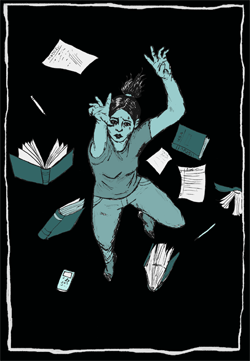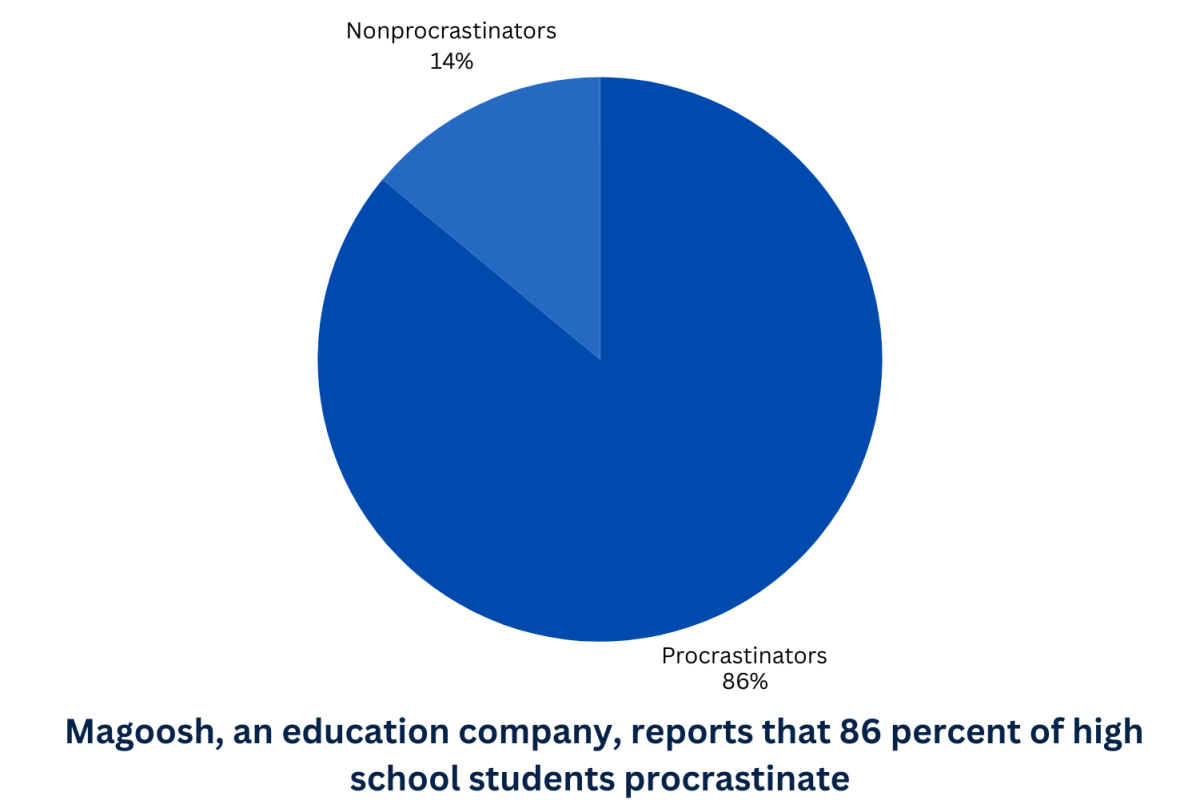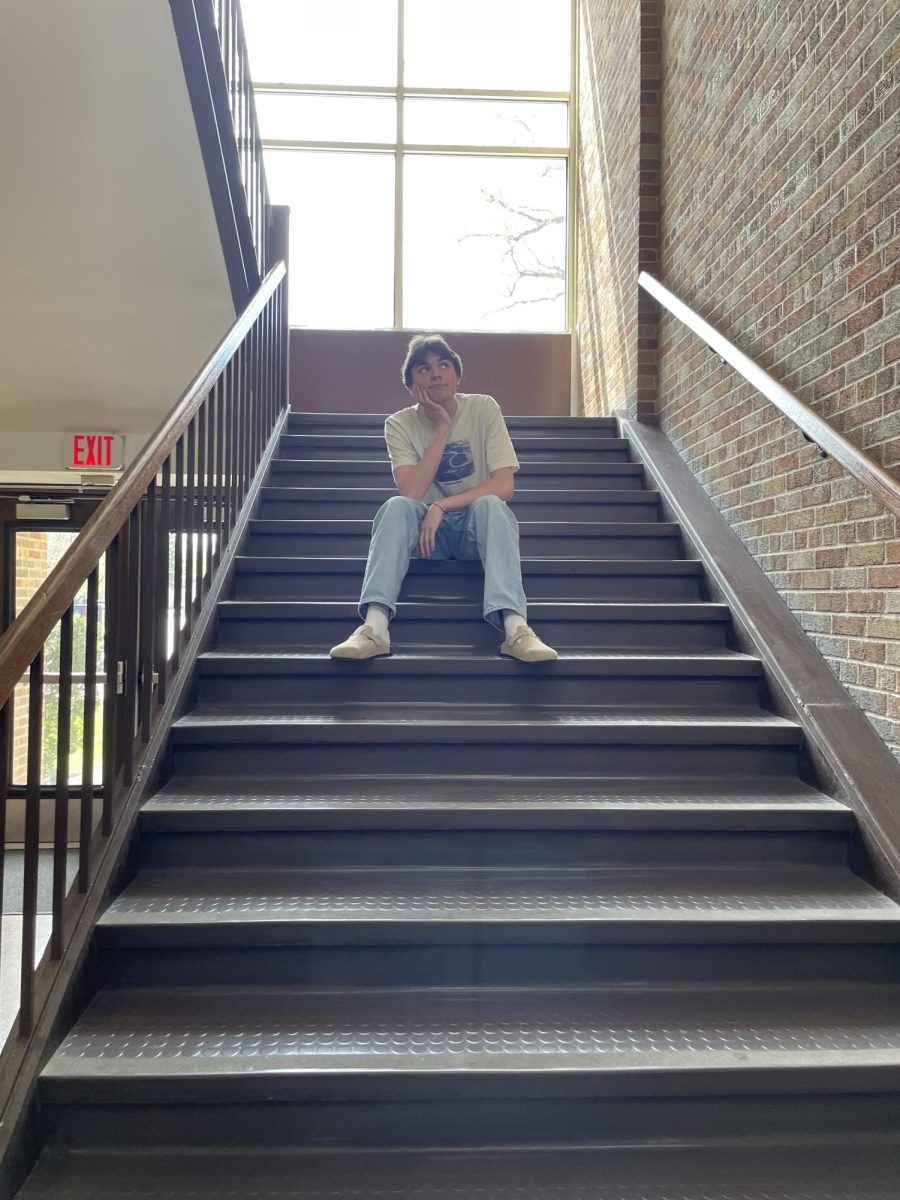“What philosophy of teaching, what theory of learning, lies behind each assignment? Does it seem to assume that children are meaning makers — or empty vessels? Is learning regarded as a process that’s mostly active or passive? Is it about wrestling with ideas or mindlessly following directions?”
-Alfie Kohn, author of The Homework Myth
Perhaps the most unconsciously designed of scholastic appliances is the acceptance of homework as a necessary means to cognitive success. Certainly such a statement is easily qualified by most, and with similar claims, arguing that the continuity of learning after school hours fosters responsible character traits, higher standardized test scores, and ultimate intellectual growth. However, as with all hypotheses, there exists a fundamental requirement of a three-dimensional analysis prior to affirmation of any degree, and as of now, “no study has ever substantiated the belief that homework builds character or teaches good study habits,” according to Kohn.
That having been said, I firmly believe that there is prolific weight in some (and if you’re lucky enough to be granted a teacher who facilitates work with worthy purpose, many) homework assignments. But that’s not with what I hold discontent; the unfortunate reality of our situation is that the majority of assignments nurture complacency over creativity, drive curiosity to apathy, suppress childhood freedoms, and are wholly misperceived.
Take, for instance, an experience familiar to the majority of high school students. The half-period lunch bell has just marked a remaining twenty five minutes before math class, and, as you were consumed by the lyrical genius of your favorite artist the night before, your homework rests incomplete. In order to sustain a B+ average and keep the peace with your parents, the most logical and present solution appears to be copying a classmate’s work from a table over. While I am not nearly as self-righteous as to claim innocence to this scenario, from what I understand, this kind of behavior (in any subject) represents the antithesis of American education. We are encouraged to flourish in our individualism, to think differently and contrive our own opinions, and that the basis of American prosperity is founded on freethinkers and the heart of innovation. Nonetheless, students frequently and habitually fail to complete their homework in a constructive, thought-provoking sense. Most are determined to effectuate completion on any and the most basic of levels, scrambling to fabricate a legible response without any consideration to the content or significance of the lesson. If the goal is intellectual growth then the problem is clear. So where’s the source?
What I believe is one of the most misguided of assumptions made by teachers and administrators is that students lack the ambition or interest to fund our own intellectual endeavors. There lies the key flaw in the system: the replacement of the individual venture with a one-dimensional regiment. Furthermore, the sheer amount of homework that students are expected to complete can be detrimental, both through the physical stress and exhaustion, as well as a consequent apathy that can ultimately destroy a student’s chances at success. According to a recent study performed by Harris Cooper, professor of psychology and director of Duke University’s Program in Education, more than two hours of homework per night in high school is actually associated with lower achievement.
Perhaps, and I could argue assuredly, if students were warranted the freedom to influence and devise a more significant portion of their assignments, not only would overall completion improve, but those formerly disillusioned by the incessancy of school altogether would find themselves re-inspired. What’s more, a student who ceases to find a source of passion in any particular subject (whether it be an inherent disinterest or instilled through monotonous exposure) will probably choose not to pursue said subject in the future. And if the objective of schooling is to procure talented, passionate citizens whose dedication lends to expertise, why not then allow students to cultivate their personal genius?









